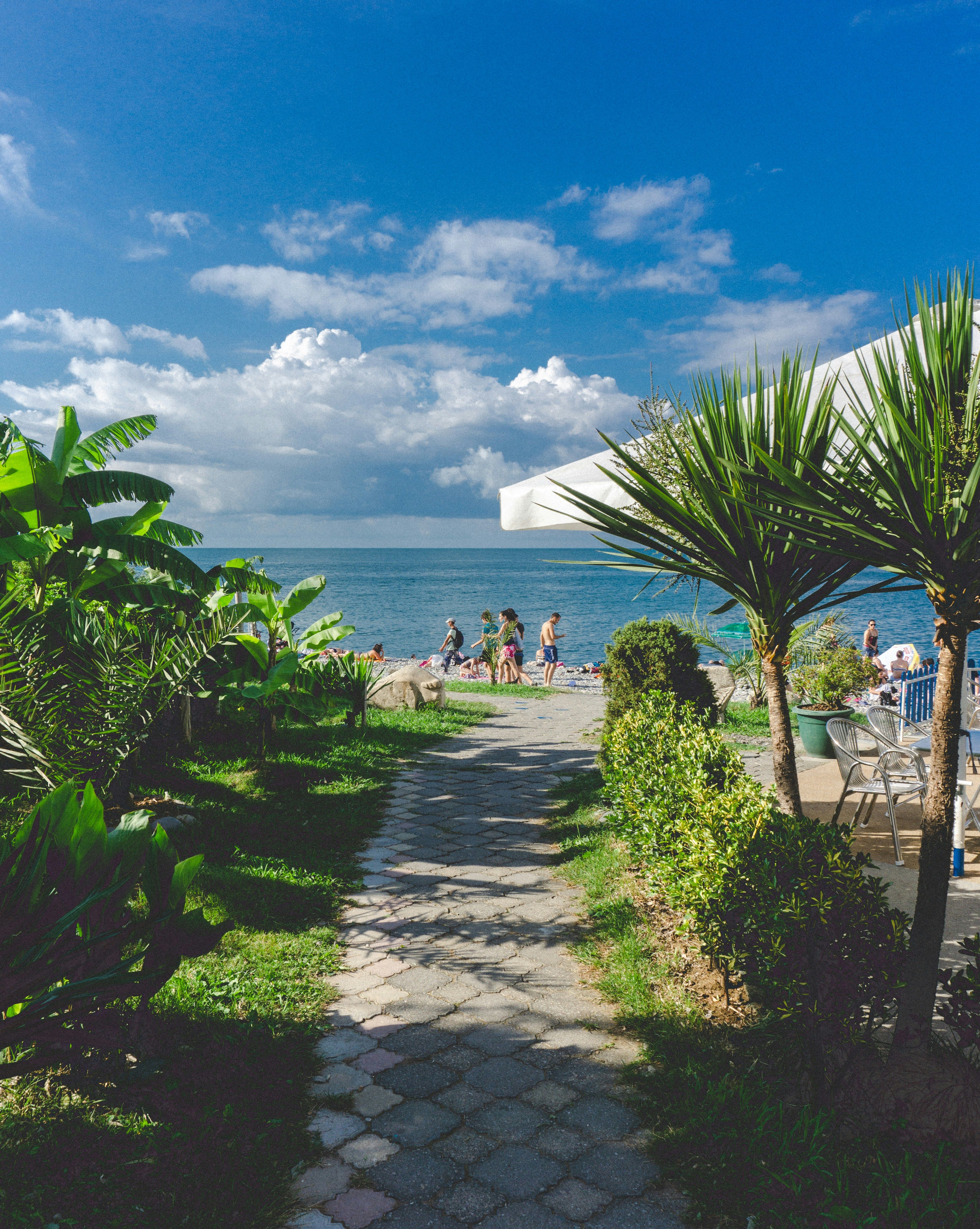Political Affairs of the Nation |
The Supreme Court has granted the Trump administration's request to suspend a district court order that had previously protected the legal status and work permits of nearly half a million immigrants who entered the U.S. through humanitarian parole processes for Cubans, Haitians, Nicaraguans, and Venezuelans (CHNV).
In the case of Svitlana Doe v. Noem, the Court's decision effectively removes the temporary protection, exposing these individuals to potential deportation. This ruling comes on the heels of a similar decision in Noem v. National TPS Alliance, where the Court allowed the termination of Temporary Protected Status (TPS) for an estimated 350,000 Venezuelans.
Critics argue that the ruling will have a significant impact on the individuals and communities affected. The decision has drawn further scrutiny due to Justice Jackson's dissent, which emphasizes the need for substantial harm-related arguments before a stay is granted.
The ruling underscores the ongoing legal challenges and debates surrounding immigration policies in the U.S., specifically the use of executive power to alter legal statuses without the resolution of appeals. This case underscores the potential consequences of such decisions, potentially affecting hundreds of thousands of individuals and their families.
The Court's ruling in Svitlana Doe v. Noem and Noem v. National TPS Alliance extends beyond immigration cases, signifying a significant shift in the wider realm of policy-and-legislation and politics, particularly in the context of general-news and human rights. This decision, agreed upon by the Supreme Court, could result in potential harm to individuals and communities, as stated in Justice Jackson's dissent.







